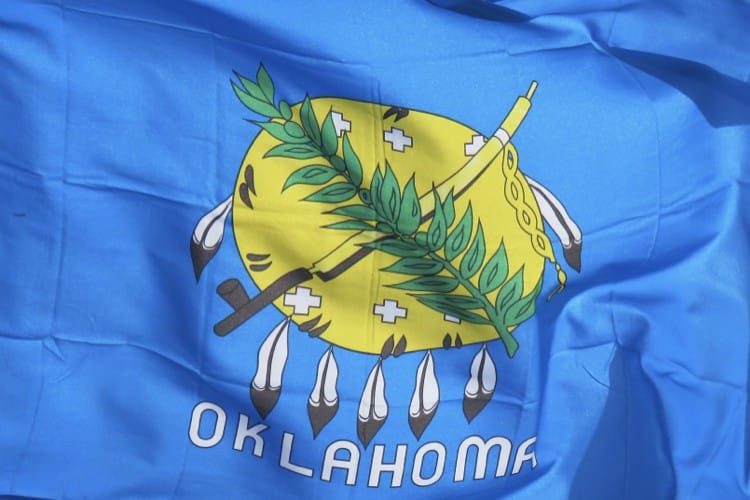
In the aftermath of the Dobbs decision of the U.S. Supreme Court, which over-turned Roe v. Wade, and returned to the states the authority to restrict abortion, pro-abortion advocates have been scrambling to find a way around the ruling. In their search to circumvent the sovereignty of states on this issue, some have even demanded that federal lands be opened up to abortion mills in those states where abortion is restricted. Others have eyed Indian tribal lands as potential locations for abortion providers in those states.
But despite the push for such this past week, it appears that neither is likely, at least for now.
Oklahoma Governor Kevin Stitt told Fox News after the Dobbs opinion of Justice Samuel Alito was leaked that he feared Indian tribes in his state might “set up abortion on demand.” There are 39 federally-recognized Indian reservations in Oklahoma. At the time, Stitt stated his concern, he was referencing the 2020 Supreme Court decision, McGirt v. Oklahoma. Under McGirt, the Court held, in a 5-4 ruling, that “major crimes” could no longer be prosecuted by the state in the Creek Indian reservation, if the alleged crime involved a tribal citizen either as the accused or the victim. The decision was later applied to several other tribes in eastern Oklahoma, once known as “Indian Territory” before statehood in 1907.
But the recent modification of the McGirt decision, the Supreme Court, in another 5-4 decision, ruled that the state could prosecute, if the crime involved a non-tribal member against a tribal member. This makes providing abortion on tribal property more problematic, even if a tribal government were so inclined to allow it. Applying this to the abortion question, any abortionist on tribal land would have to be a tribal member, or face state prosecution.
Another obstacle to using Indian reservations to circumvent state laws against abortion is that the Hyde Amendment — named for the late U.S. Representative Henry Hyde — bars federal funds being used to perform abortion, except in cases of rape, incest, or in a threat to the mother’s life. The Indian Health Service, therefore, would be quite limited in conducting abortion in Indian hospitals.
Governor Stitt told Fox News, “You know, the tribes in Oklahoma are super liberal. They go to Washington, D.C. They talk to President Biden at the White House. They kind of adopt those strategies.” Stitt has been at odds with some of the tribal governments in Oklahoma since early in his governorship. He was recently re-nominated by the Republican Party in a state that has not elected a Democrat to statewide office since 2006.
While it is true that many tribal leaders are Democrats, even in heavily Republican Oklahoma, those leaders have to consider the wishes of tribal members. And, as Stacy Leeds, a Cherokee Nation of Oklahoma citizen, and law professor, explained recently, “Politically, (Indian) people are all over the place. You know, it’s a large leap to just automatically presume that everybody would want this. And a lot of tribal spiritual traditions hold life as sacred from beginning to end.”
As any abortions would have to be performed by Indian abortionists only on Indian women, this would leave others liable to criminal penalties by states with criminal statutes against abortion. This would appear that the “Indian Option” is unlikely, at least for now.
In Oklahoma, where a significant minority of the population is Native American, and where the tribes spend lots of money on public relations television advertising, it is unlikely that these tribal governments would want to incur the public relations setback that flouting state laws against abortion would lead to.
And even after Senator Elizabeth Warren (D-Mass.) and Representative Alexandria Ocasio-Cortez (D-N.Y.) suggested to President Biden that he open federal land (particularly in states with restrictive abortion laws) as places where abortions could be performed, Biden ruled out that idea out, citing legal issues that would make that problematic.
Steve Byas is a university instructor of history and government, and the author of History’s Greatest Libels. He may be contacted at [email protected].



